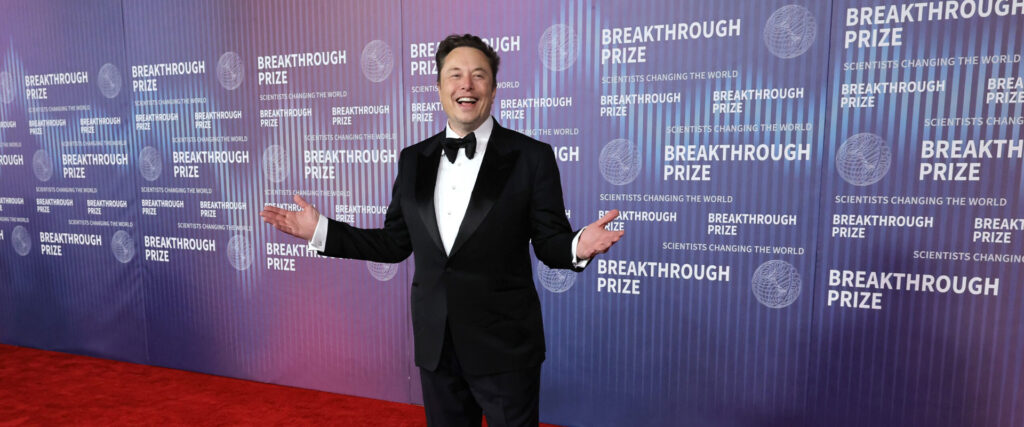Understanding the DOJ’s Lawsuit Against Live Nation-Ticketmaster
The U.S. Department of Justice (DOJ) has taken decisive action against Live Nation, the parent company of Ticketmaster, based in Beverly Hills, California. Allegations from the DOJ, backed by 29 states and the District of Columbia, suggest Live Nation has monopolized ticket sales and concert promotion, stifling competition and coercing artists into exclusive agreements. The lawsuit, seeking a jury trial, marks a significant step by the government, resonating with those familiar with the frustration of high ticket fees. Recent Ticketmaster mishaps, like the Taylor Swift Eras tour presale debacle, only add to public outrage.
However, the lawsuit’s outcome remains uncertain, with the trial potentially delayed until 2026. The last successful breakup of a vertically integrated company by the government was in 1982, with AT&T that at the time agreed to dismember itself to settle a long antitrust battle. This breakup was a significant event in U.S. corporate history and serves as a precedent for government actions aimed at addressing monopolistic practices.
Analysts estimate the likelihood of Live Nation’s breakup at less than 50%, but the risk has already impacted the company’s stock that fell sharply after the filing of the suit. The contentious Live Nation-Ticketmaster merger in 2010, despite widespread opposition, continues to draw scrutiny. While the DOJ imposed conditions on the merger to prevent anti-competitive practices, the government’s decision to pursue a breakup indicates dissatisfaction with the current oversight.
The lawsuit reflects the Biden administration’s aggressive stance against corporate power, similar to cases against tech giants like Google and Facebook. Live Nation vehemently denies allegations of monopoly, arguing against claims of exaggerated dominance in concert promotion. The company’s executives attempted a settlement with the DOJ but felt the outcome was predetermined. Live Nation suggests addressing concerns without resorting to structural changes.
While Ticketmaster is not solely responsible for high ticket costs, its fees undoubtedly contribute to consumer frustration. While separating Ticketmaster from Live Nation may not immediately lower prices, it could potentially rectify past mistakes, such as approving the merger without adequate scrutiny. The lawsuit serves as a reminder of the DOJ’s commitment to challenging corporate monopolies and ensuring fair competition in the live entertainment industry.
In conclusion, the DOJ’s lawsuit against Live Nation-Ticketmaster underscores the government’s determination to uphold fairness and competition in the live entertainment sector. While the outcome remains uncertain, the case signifies a pivotal moment in the ongoing battle against corporate monopolies and the protection of consumer interests. With this legal battle, the DOJ seeks to ensure that the live entertainment industry operates in a fair and competitive manner, ultimately benefiting artists and concertgoers alike.
SOURCE LA Times
Share:
The U.S. Department of Justice (DOJ) has taken decisive action against Live Nation, the parent company of Ticketmaster, based in Beverly Hills, California. Allegations from the DOJ, backed by 29 states and the District of Columbia, suggest Live Nation has monopolized ticket sales and concert promotion, stifling competition and coercing artists into exclusive agreements. The lawsuit, seeking a jury trial, marks a significant step by the government, resonating with those familiar with the frustration of high ticket fees. Recent Ticketmaster mishaps, like the Taylor Swift Eras tour presale debacle, only add to public outrage.
However, the lawsuit’s outcome remains uncertain, with the trial potentially delayed until 2026. The last successful breakup of a vertically integrated company by the government was in 1982, with AT&T that at the time agreed to dismember itself to settle a long antitrust battle. This breakup was a significant event in U.S. corporate history and serves as a precedent for government actions aimed at addressing monopolistic practices.
Analysts estimate the likelihood of Live Nation’s breakup at less than 50%, but the risk has already impacted the company’s stock that fell sharply after the filing of the suit. The contentious Live Nation-Ticketmaster merger in 2010, despite widespread opposition, continues to draw scrutiny. While the DOJ imposed conditions on the merger to prevent anti-competitive practices, the government’s decision to pursue a breakup indicates dissatisfaction with the current oversight.
The lawsuit reflects the Biden administration’s aggressive stance against corporate power, similar to cases against tech giants like Google and Facebook. Live Nation vehemently denies allegations of monopoly, arguing against claims of exaggerated dominance in concert promotion. The company’s executives attempted a settlement with the DOJ but felt the outcome was predetermined. Live Nation suggests addressing concerns without resorting to structural changes.
While Ticketmaster is not solely responsible for high ticket costs, its fees undoubtedly contribute to consumer frustration. While separating Ticketmaster from Live Nation may not immediately lower prices, it could potentially rectify past mistakes, such as approving the merger without adequate scrutiny. The lawsuit serves as a reminder of the DOJ’s commitment to challenging corporate monopolies and ensuring fair competition in the live entertainment industry.
In conclusion, the DOJ’s lawsuit against Live Nation-Ticketmaster underscores the government’s determination to uphold fairness and competition in the live entertainment sector. While the outcome remains uncertain, the case signifies a pivotal moment in the ongoing battle against corporate monopolies and the protection of consumer interests. With this legal battle, the DOJ seeks to ensure that the live entertainment industry operates in a fair and competitive manner, ultimately benefiting artists and concertgoers alike.
SOURCE LA Times









